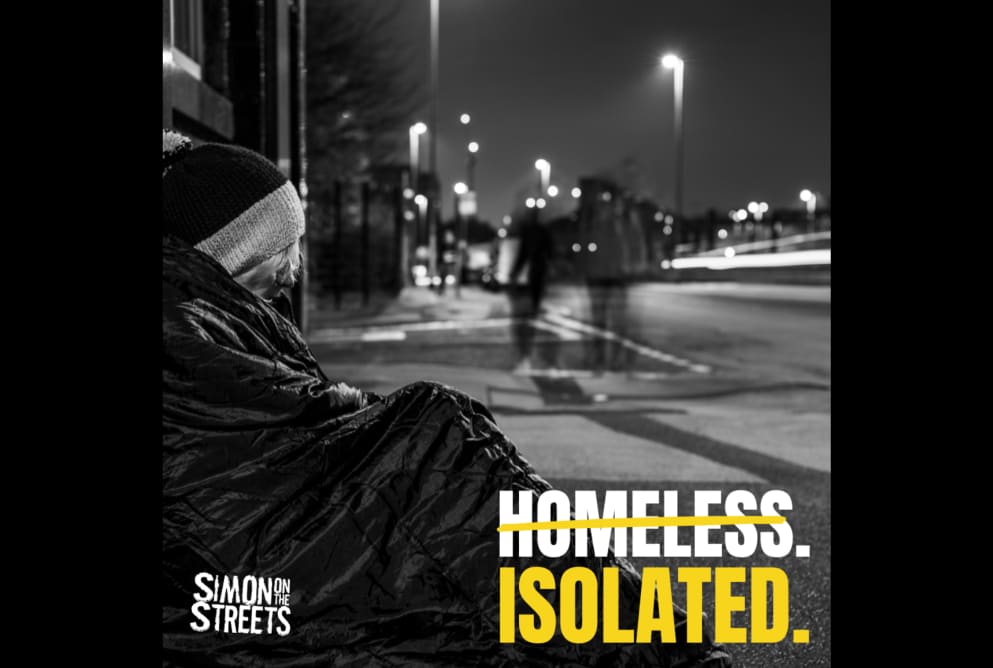Imagine being torn away from your support system and your familiar environment and suddenly being thrown into a situation where you feel constantly unsafe, and you don’t know who to trust. You’re on your own and having to fend for yourself.
Now, imagine the intense feeling of isolation that comes with that.
Many of us are no strangers to the reality of isolation. The COVID-19 pandemic is a very good example. We were isolated from our friends and support systems, not able to indulge in the things we enjoy.
Ultimately, though, we had the security of knowing that it would end eventually. For the people we support, this isolation is a constant and relentless reality.
What does it mean to be isolated?
When we break it down to see what isolation looks like, it’s clear how those facing homelessness find it difficult to escape.
Someone can become isolated when they:
- Spend prolonged periods alone, with little to no contact with other people
- Have no one in their corner when they need help, advice or a friendly face
- Don’t communicate with people by text, email, phone or video call
- Don’t have any meaningful or intimate connections
The impact of long-term isolation
Feelings of isolation can take their toll on an individual’s mental and physical wellbeing, and it’s a feeling that’s certainly not exclusive to those facing homelessness. Anyone can feel isolated, just as anyone can feel lonely.
The impact of isolation can have many negative outcomes, including:
- heavier reliance/dependence on drugs and alcohol
- increased risk of developing or worsening mental health problems
- higher risk of suicide or suicidal ideation
- personality changes
- antisocial behaviour
How your support is combating isolation
This overwhelming isolation is the reality of the people we support. It’s often partly why building trust with them takes time—it’s a delicate process. Having gotten so used to being hyper-independent, many of the people we work with don’t fully believe that someone wants to offer help without needing something in return. This can be particularly common in those who have had to trade sex or engage in criminal activity in exchange for resources.
Your donations are vital. Because of you, we can consistently be a presence in a person’s life, a support system and an anchor that people need.
Our outreach team comprises people who say, ‘I’m here for you. I’m in your corner.’
This Christmas, we’re encouraging you to look beyond homelessness and see the person behind the circumstances.
Without government funding, our service is entirely funded by your donations and fundraising. With just two days to go until we celebrate Christmas Day, please consider helping us to break the cycle of homelessness for good.
To donate £10, text SIMON to 70470 or visit our JustGiving page. Anything you can give goes a long way toward making a difference. Thank you.
